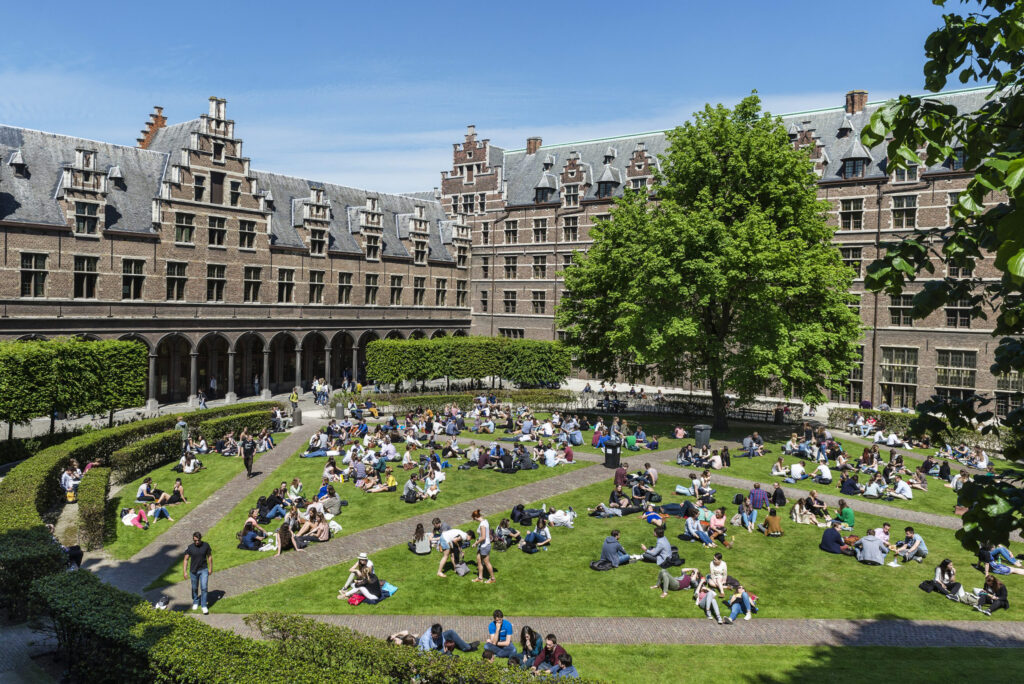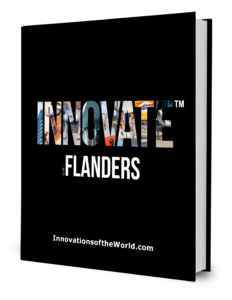TPR was founded as a research group within the University of Antwerp mid 1990’s. It is committed to be an international centre of excellence for fundamental and applied academic training, research and service provision in transport economics, logistics and regional economics. Its mission is to enhance transport and logistics for our society and the business community. It contributes in developing activating, student-centred and competence driven programme components and study programmes of the Faculty Business and Economics and advanced master’s programmes within C-MAT, inclusive master classes, taking future challenges into account. Its research results in theories, innovative and sustainable applications and instruments to enhance existing academic knowledge on transport and regional economics, transport policy and supply chain environments. Therefore, TPR conducts innovative and multi/inter- disciplinary research within an international context and organizes educational programs from bachelor up to PhD level. TPR pursues results that are academically sound, economically viable and supporting sustainable development. It values a critical and an independent approach and an open communication. TPR’s research activities unfold within a framework of programs stimulated by the university, public authorities at all policy levels, non-profit organizations as well as private or semi-private actors.
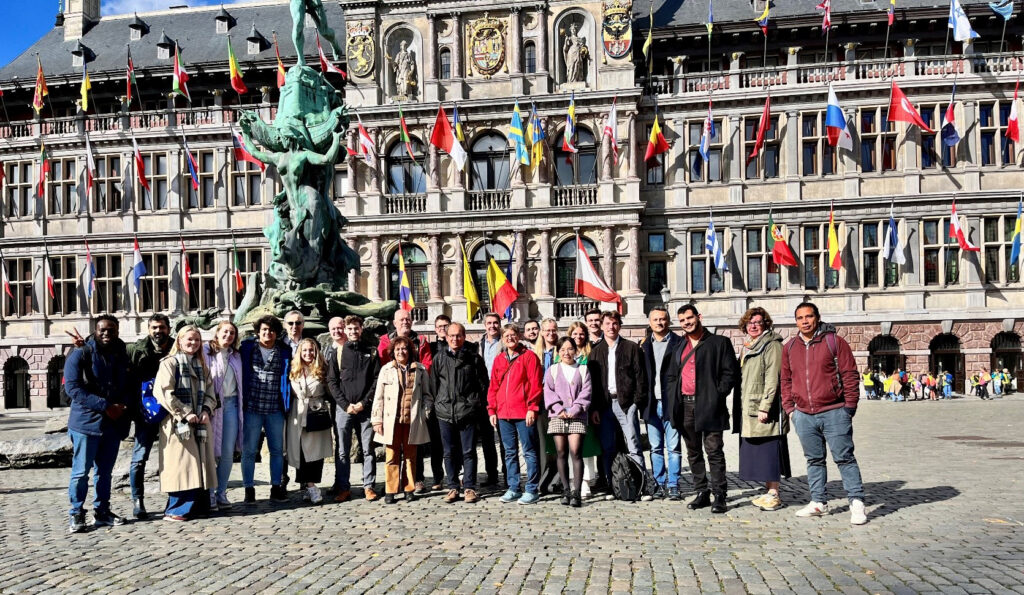
The research topics that TPR deals with are the below:
The interaction between transport and economics
- the relationship between economic growth and transport demand
- demand models and elasticity calculations
- research into the effectiveness of measures within the frame of a sustainable mobility policy ( transport planning by companies, road charging, etc.)
Freight transport
Just a Quick Note:
InnovationsOfTheWorld.com has partnered with Trade License Zone (TLZ) to support global innovators looking to expand internationally. Take advantage of the UAE’s Free Zones—enjoy streamlined setup, low corporate taxes, and a strategic gateway to the Middle East and beyond.
Get Your UAE Free Zone License Fast & Easy!- mode choice
- the organization, choice and planning of commodity flows
- land transport: intermodal operations, rail, road haulage, inland navigation and pipelines
- cross border e-commerce and worldwide ecosystems
- pharma logistics
- transport and logistics
The port and maritime sector
- competition and cooperation in the maritime and port sector
- ports as nodes in the logistics chain
- productivity of terminals
- maritime transport costs
- port policy
- strategic planning in seaports
- traffic forecasting
The air transport business and markets
- airport competitiveness
- airline operations
- air transport cost structures
- pricing in aviation and regulation of airport and air transport markets
- airline and airport strategy and policy
- economic impact of airports
Last mile logistics and distribution
- last mile cost calculation
- urban logistics
- urban freight policy and planning
- consumer analytics
- innovative distribution strategies
- e-commerce & ecosystem impacts
The assessment of infrastructure projects
- the development and improvement of project assessment tools (e.g. cost-benefit analysis, economic effects analysis, multicriteria analysis)
- applications to road construction projects, port investments, etc
Strategic analyses and policy recommendations (private companies, authorities)
- analysis of the competitive strength of (sub) sectors
- development of action plans and formulation of concrete policy recommendations
- development of market studies relating to competition issues
- regulation and deregulation issues
- innovation
Interaction between transport and physical planning
- spatial (mobility) plans at local, regional and supra-regional level
- public transport policy
- new business models for micromobility
- the mobility budget and multimodal commuting
Urban studies and regional economics
- regional planning and policy
- commercial real estate markets (retail, logistics, offices)
- retail location modelling
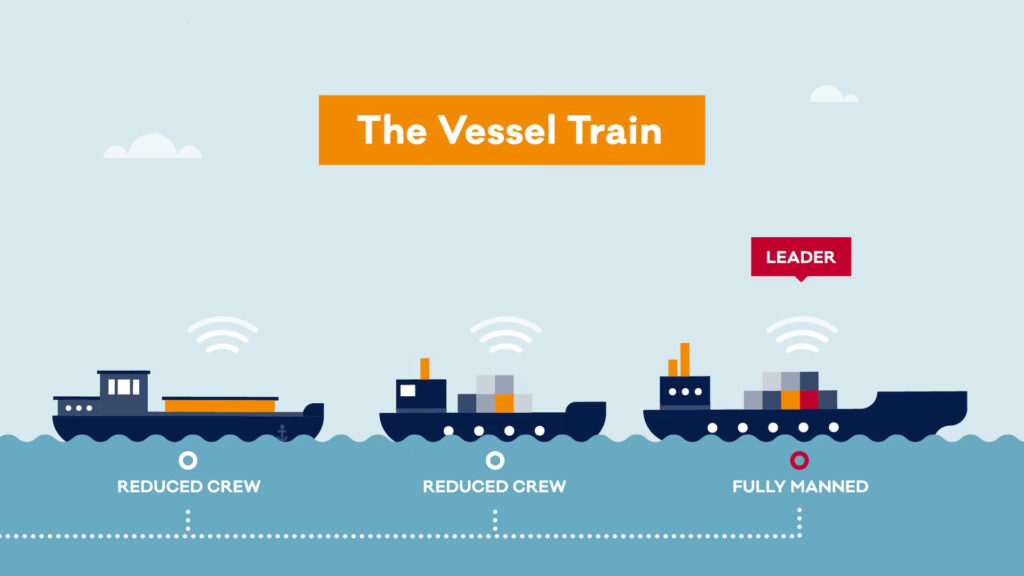
Co-operation with the Antwerp and wider Flemish port community has led the group to develop products and instruments that are of immediate relevance and use to the sector. Its Chain Cost Model allows calculating the costs of container transport through a supply chain, taking into account scale increase, innovation, automation and sustainable investments. Antwerp users to date have been Port of Antwerp-Bruges, DP World and PSA Antwerp. Further in the field of ports and hinterlands, its small barge concept and the subsequent NOVIMAR vessel train and NOVIMOVE mobile terminal allow for efficiency increase of inland waterway transport in ports. The strong local presence of the barge sector acts as an ideal test site for TPR’s innovative concepts. Acquired knowledge is subsequently also disseminated in its bi-annual Antwerp Inland Navigation School and Antwerp Rail School, one-week courses open also to business practitioners and policymakers. With respect to seaport sustainability, in the European Green Deal project PIONEERS, coordinated by Port of Antwerp-Bruges, TPR sets up a framework for measuring the sustainability impacts generated by green port innovation, as well as thetransferability potential. TPR also contributes to ecosystem building in the port domain through for instance the Chair Dennie Lockefeer, which promotes multimodal port solutions with the support of 33 port stakeholders. Another Chair, funded by BNP Paribas Fortis, hosts cafés, which apply co-creation to get to solutions for topical problems that operators face.
We Celebrate The Partnership With Living Tomorrow Largely Contributing To The Success Of This Book, They Are The Voice And Champion Of INNOVATE™ Flanders That Unifies The Community!

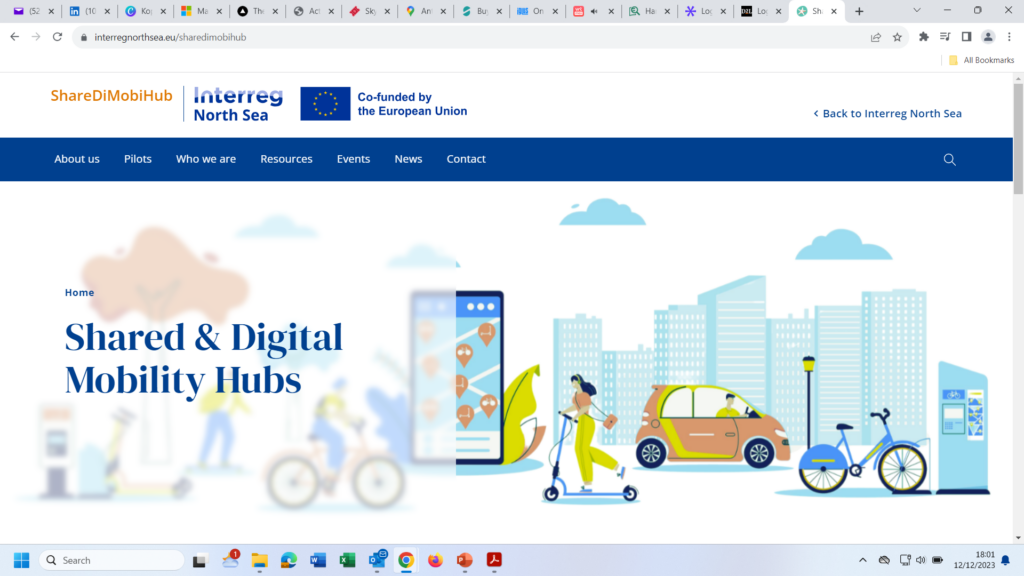
Flanders, with its high population density and dispersed activities, is also the ideal validation ground for the logistics and urban logistics tools TPR develops. Its Last Mile Cost Model allows calculating the operational but also societal costs of urban logistics distribution solutions. The foundations for the tool were laid in the VIL project R!Sult. The unique regional economics perspective sets TPR apart, paying specific attention to regional differences in infrastructures, policies and demand. With the Summer School on Urban Logistics, TPR yearly brings international experts to Antwerp to teach students, researchers and professionals from all continents the latest updates in the field. Wider in logistics, and also in collaboration with VIL, TPR developed a set of tools that allows making Return-on-Investment calculations for logistics solutions and innovations. The tools are open for use again to any operator that wants to trade off benefits versus costs when innovating or implementing technologies linked but not limited to loading and unloading operations, yard management, planning tools etc. Digitalisation is a particular type of innovation that TPR has researched on heavily during the last decade, resulting among others in its spin-off Digitrans.
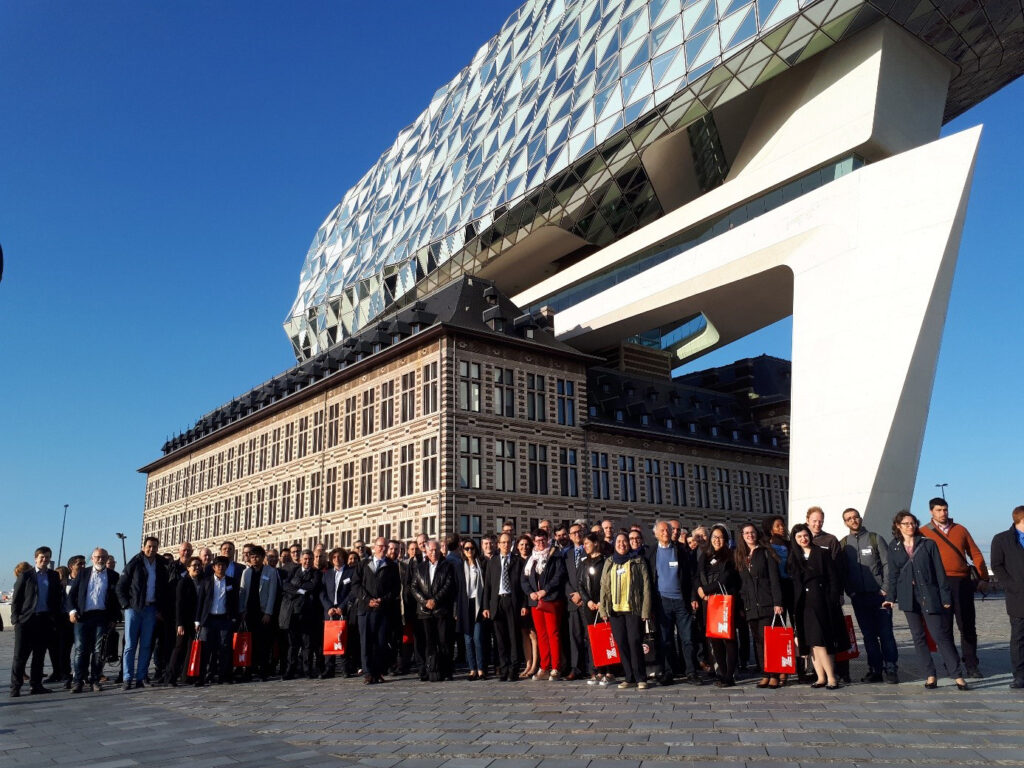
A particular niche that TPR has jumped into since COVID is pharma logistics, hence the annual Pharma Logistics Masterclass (PLMC) that since 2021 is hosted annually at a different location in the world. For the latter, TPR also makes optimal use of the presence of a large airport and air transport cluster in Belgium, which act as a testbed for logistics cost calculations.
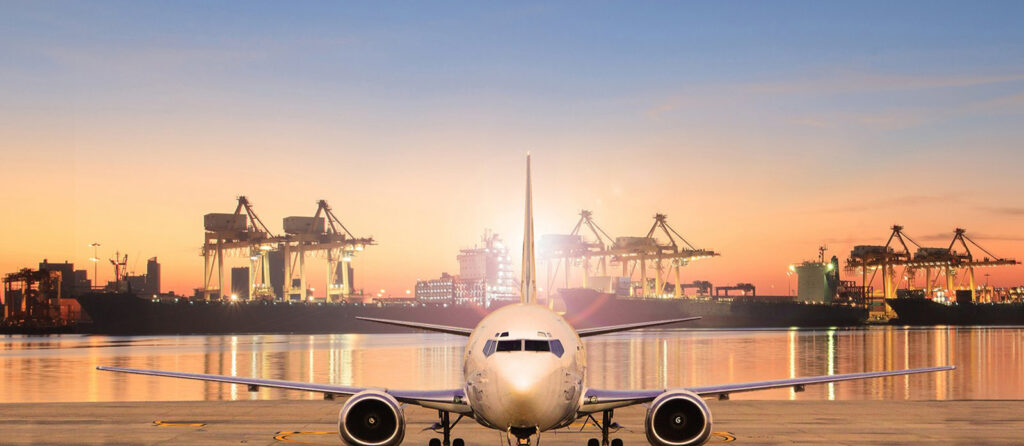
Finally, TPR also studies the potential economic impacts of new forms of mobility in Flanders. The European e-Hubs project was the chance for creating business model blueprints of micro-mobility networks and hubs, with applications in a number of Flemish cities, next to other European ones. Other tool developments support policymakers and mobility operators in Belgium and abroad concerning commuting strategies, congestion pricing and mobility budgets.
